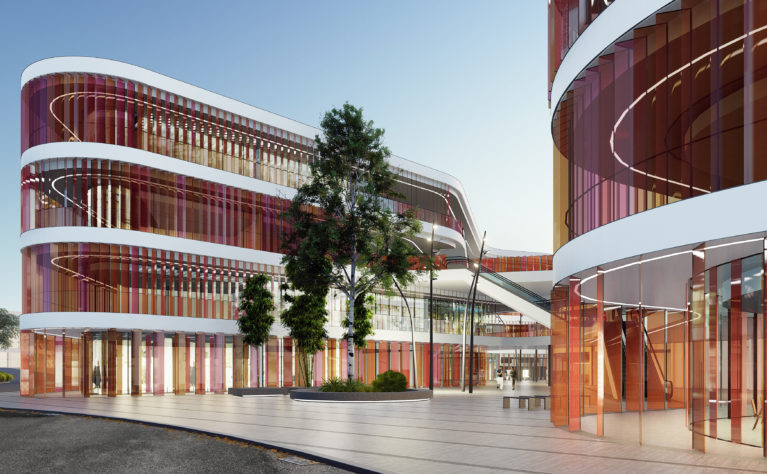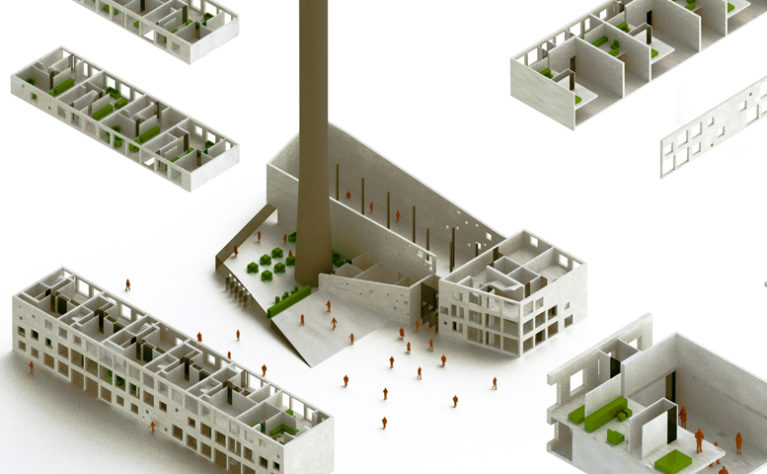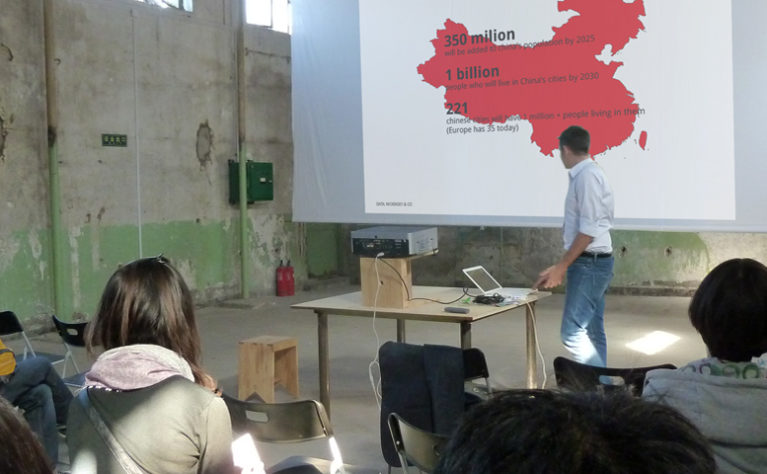
El desarrollo tecnológico ha cambiado drásticamente la forma de vida de las personas. Hoy día no nos conformamos con un pensamiento convencional, nuevos modelos de negocio rompedores aparecen en todas partes para dar respuestas rápidas a la reinvención constante de la comunidad.
Empresas tecnológicas como Uber o Airbnb se han convertido en ejemplos claros de como las nuevas posibilidades que ofrece la informática se pueden transformar en activos rentables. La revolución en la era digital acaba de comenzar, y la arquitectura, como campo multidisciplinario que se apoya en la tecnología, tiene también un papel en este cambio transformador.
La industria hotelera sufrió un claro golpe cuando Airbnb irrumpió el mercado. Aunque los usuarios tradicionales aún prefieren las comodidades predecibles de los hoteles, los estudios recientes demuestran que el negocio del hospedaje tradicional está experimentando descensos en sus ganancias. El posicionamiento competitivo de las propiedades ofrecidas en Airbnb ha demostrado ser más atractivo para los millennials que los precios elevados de los hoteles de lujo. Hay una tendencia en gastar más dinero en experiencias, de ahí la creación de espacios de convivencia y trabajo conjunto. Airbnb ha aprovechado esto y lo traduce en un modelo comercial rentable que combina arquitectura y tecnología.
Puesto que Airbnb reclama su participación como un competidor capaz, la industria hotelera busca formas de revertir la situación. Las marcas tradicionales, centradas principalmente en el marketing de lujo, están percibiendo el impacto de la incorporación de los nuevos espacios sociales.
Del mismo modo, ciertos agentes están comenzando a plantear inversiones en el sector inmobiliario con el objetivo de alquilar exclusivamente a través de plataformas como Airbnb, lo que se traduce también en un impacto social a nivel local y en la vida urbana de los barrios y ciudades. La arquitectura, la tecnología y el mercado evolucionan de esta forma y se auto configuran continuamente para adaptarse a la forma en que vivimos.
Uber es otro ejemplo de empresa innovadora que se ha cosechado un éxito exponencial al redefinir el medio tradicional de transporte urbano. No solo compite con la industria de taxis en todo el mundo, sino que también cuestiona el modelo de propiedad de automóviles para uso personal y tiene un impacto directo en las congestiones de tráfico. Este tipo de tecnología afecta a los criterios tradicionales de planeamiento urbano a una escala macro. El análisis de datos en tiempo real permite estudiar patrones de transporte, cálculo de rutas alternativas y previsión de horas punta en las ciudades, lo que constituye una herramienta fundamental de planeamiento urbano que permite identificar una inversión inteligente y precisa de las infraestructuras.
La industria minorista experimenta una desaceleración global a medida que las plataformas de comercio electrónico acaparan parte del mercado. La experiencia física de la comercialización visual está siendo reemplazada por transacciones virtuales rápidas y deslocalizadas. Con un menor coste de mantenimiento, sin límites geográficos ni horarios y accesibles desde múltiples dispositivos, no es de extrañar que las empresas minoristas estén evolucionando hacia plataformas de comercio electrónico. En consecuencia, la industria del trabajo independiente y el teletrabajo ha estado creciendo a nivel mundial y reconfigurando la estructura y funcionamiento de los espacios urbanos tradicionales.



